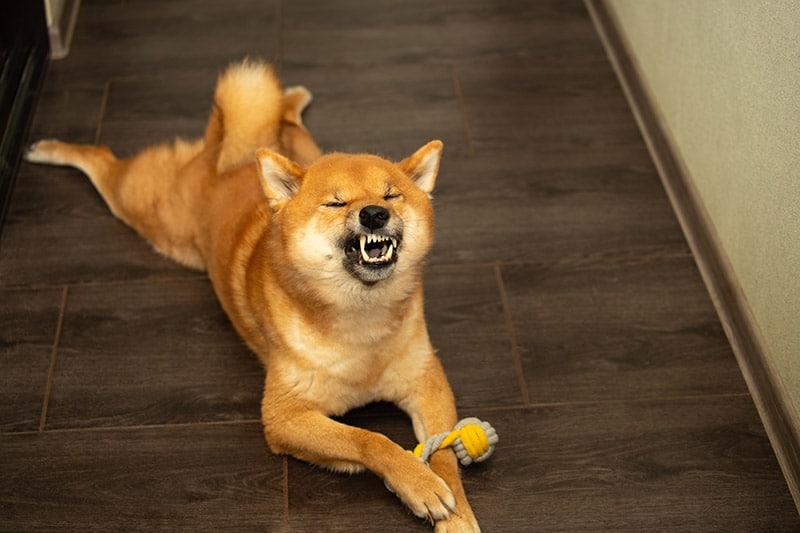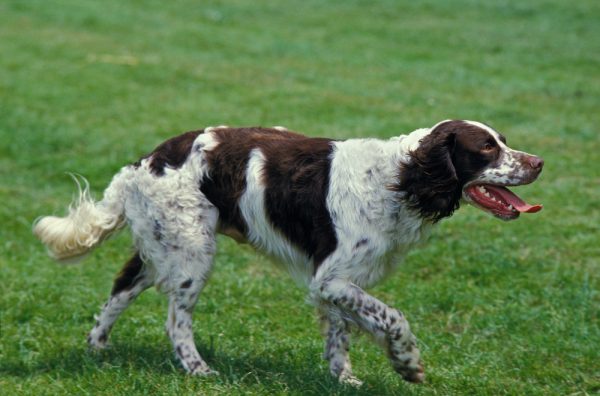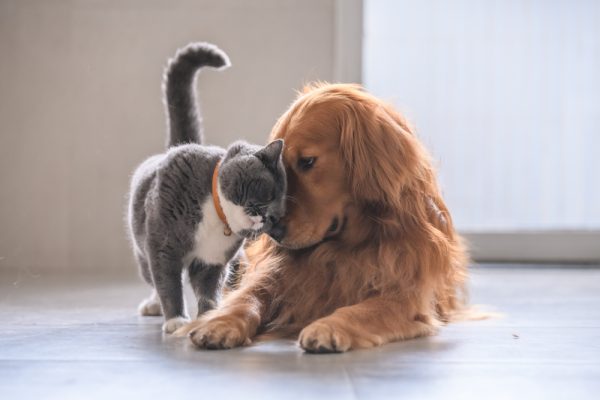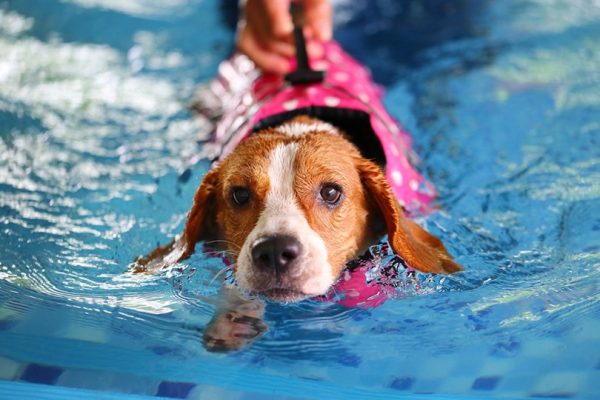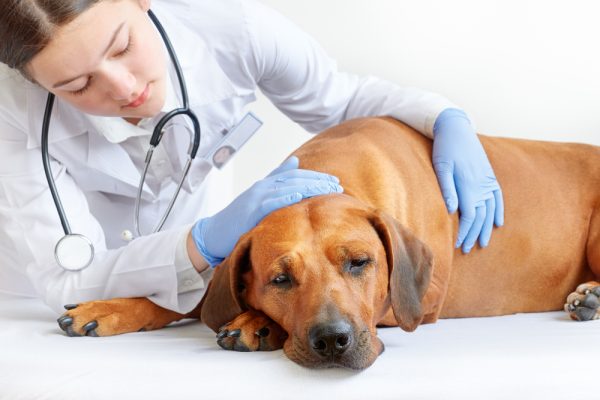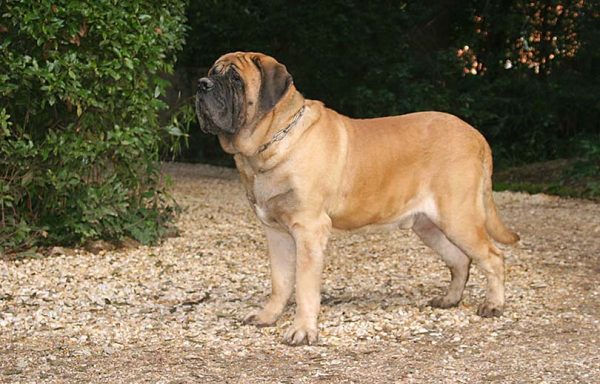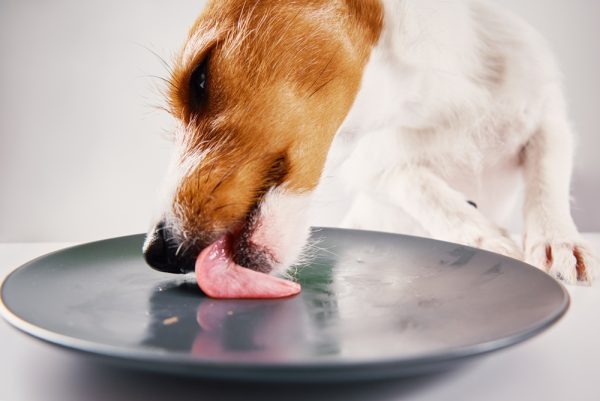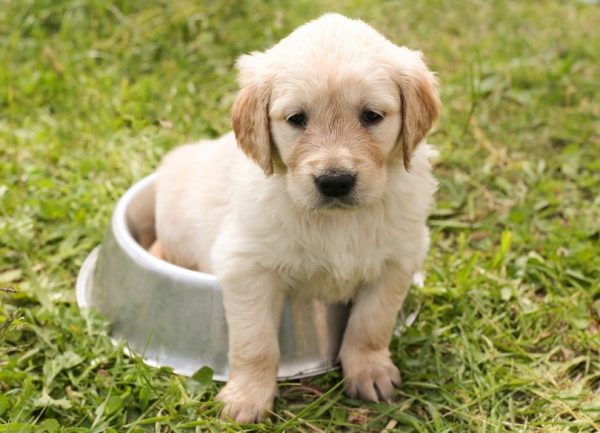Dogs sneeze for many of the same reasons we do, but it’s not common for us to sneeze when we’re about to leave on a vacation we’re looking forward to or when we’re settling down to watch an episode of our favorite TV show. So why, then, do dogs sneeze when they’re excited?
Read on to find five potential reasons why your dog may be sneezing when they’re happy, excited, or in the middle of a rowdy play session.

The 5 Reasons Dogs Sneeze When They’re Excited
1. To Let Their Playmates Know They’re Just Playing
Sneezing may be one of many communication tools dogs can use to share important information. If your pup is roughhousing with another dog, you may notice them sneezing at each other as the play becomes more intense and starts to escalate. In this context, such behavior may be a reminder to the playmate that the tussle is for play and not a real fight. It can also be a way to invite other dogs to play.
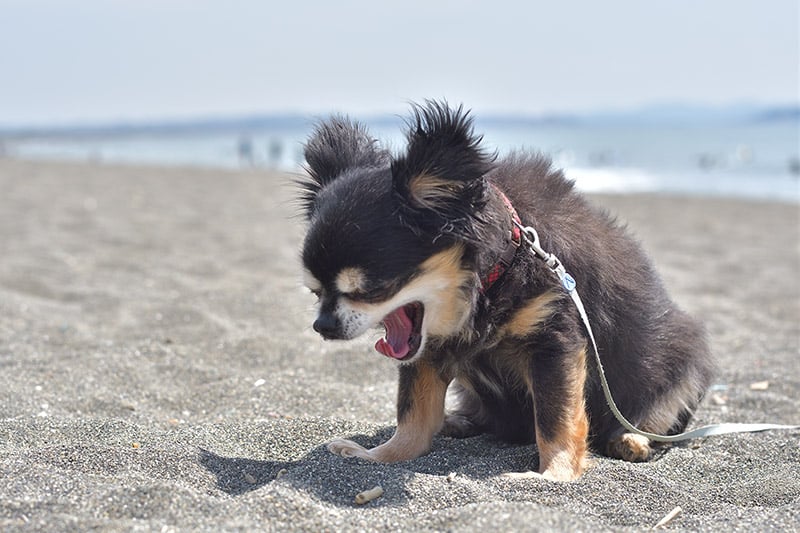
2. They’re Happy
When dogs are excited, they may emit shallow sneezes. These aren’t the same kind of sneezes we do as humans, as they aren’t a respiratory response. Instead, these happy sneezes are caused by a force of breath from the pup’s nose. Just like how we laugh when we have fun, dogs may sneeze as a way to express their happiness during play; a doggy giggle!
3. To Calm Themselves Down
Dogs may sneeze during the midst of a play session as a way of calming down the situation before it gets out of hand. In this context, sneezing is a displacement gesture that can help them calm down and refocus.
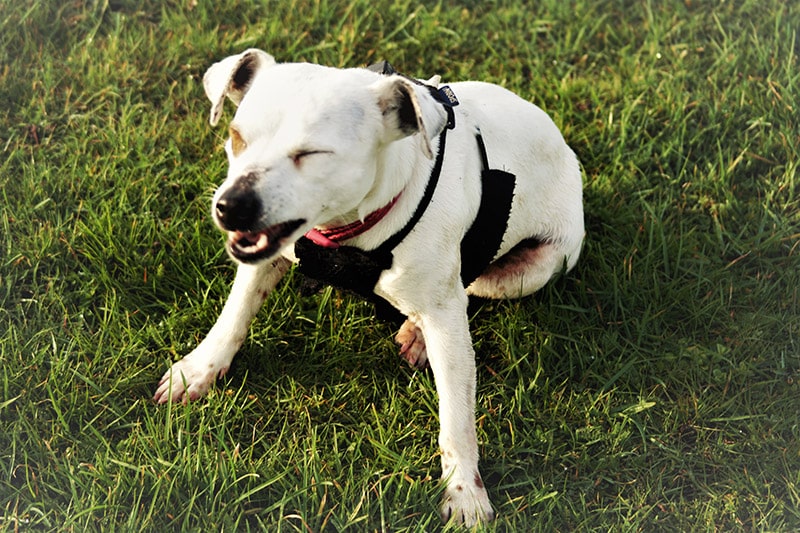
4. They’re Reverse Sneezing
Reverse sneezing is a sudden, involuntary respiratory reflex that some dogs may encounter if their soft palate becomes irritated. This irritation causes the muscles in the soft palate to spasm, resulting in the narrowing of the trachea. It can happen to any dog breed, though it is more likely to occur in small breeds or brachycephalic dogs like Bulldogs or Pugs. Reverse sneezing can be caused by overexcitement, though other things such as household cleaners, allergies, and exercise intolerance can cause it, too.
Reverse sneezing is exactly what it sounds like; instead of rapidly forcing air out of the mouth and nose, the air is rapidly drawn in through the nose in an attempt to clear whatever is causing the irritation.
5. A Natural Response to Irritants
Many of the positions dogs find themselves in while playing are conducive to triggering sneezes. They’ll curl their lips, wrinkle their noses, and bump noses with one another. Not to mention that the act of playing will kick up dirt and dust, which can cause that tell-tale nose tickle that’ll inevitably lead to a sneeze.

Is Sneezing Ever a Cause for Concern?
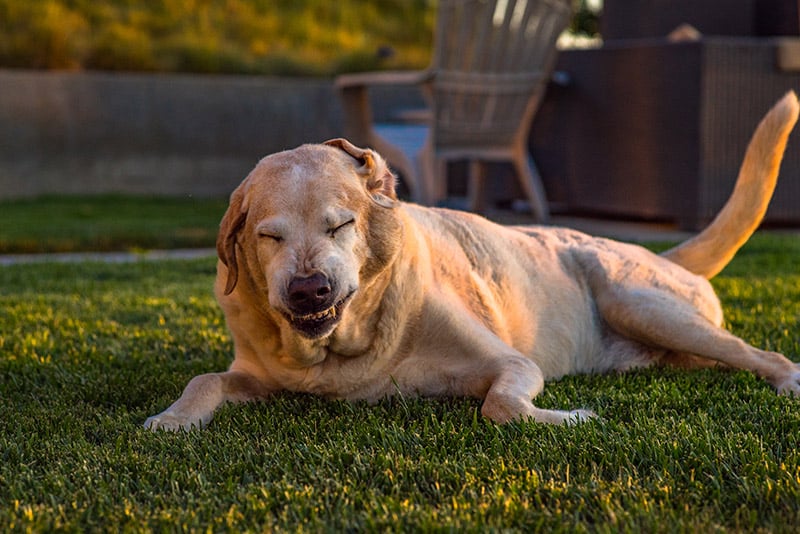
Sneezing is a part of life and is generally considered normal. However, if your pup appears to be sneezing more than usual or if other changes in behavior accompany their sneezes, this may be a cause for concern. Other reasons your dog may be sneezing include:
- Tooth infections
- Tumors
- Nasal passage obstructions
- Colds
- Nasal mites
- Upper respiratory infection
- Narrowed airways
While sneezing isn’t usually a cause for concern, don’t hesitate to make an appointment with a veterinarian if you think something more serious may be at play.
Did you know you can speak to a veterinarian without having to travel? Just head over to PangoVet. It's our online service where you can talk to a vet online and get the advice you need for your pet — all at an affordable price!


Final Thoughts
Dogs sneeze when they’re happy, excited, or in the middle of a play session for many reasons. If you’re concerned that your dog is sneezing more than usual or if behavioral changes or other signs accompany their excessive sneezes, you may wish to contact a veterinarian for advice. While sneezes are usually completely harmless, they can be indicative of potentially serious health conditions, so be sure to take your pup’s body language and behavior into account when determining if a visit to the vet is in order.
See Also:
- Why Do Dogs Sneeze? Vet-Reviewed Causes
- Why Does My Dog Snort Like a Pig? Vet Reviewed Reasons & When to Worry
Featured Image Credit: EVGENY K777, Shutterstock

